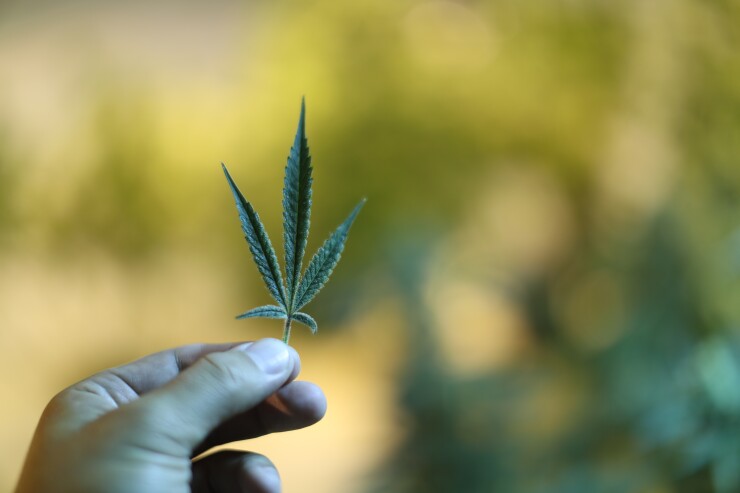The cannabis trade is waking up at long last to find potential relief in sight to their almost total inability to obtain basic banking services, such as checking accounts. Hope arrived late last week in the form of the 321-to-103 House vote in favor of the SAFE Banking Act of 2019.
If enacted into law, this bill would allow banks and credit unions to provide banking services to legitimate cannabis-related businesses and to their service providers, and would protect businesses that provide ancillary services to the cannabis trade.
The groundswell of support for rational legislation to help this “cash-only economy” -- from sources as varied as Secretary of Treasury Steve Mnuchin, to the storied American Bankers Association, to numerous state Attorneys General and Governors, as well as cannabis trade groups -- so far has not resulted in the passage of legislation in the six years in which similar bills have been introduced.

Despite overwhelming support for this piece of legislation, it will have to pass a Senate vote, and be signed into law, neither of which is assured.
Banks and credit unions interested in providing banking services to cannabis companies have been scared off by the risks, notably of potential criminal liability, adverse supervisory action by federal banking regulators, and seizure of cannabis-related funds.
These risks would potentially go away if the SAFE Banking Act becomes law. The Act does not legalize marijuana. Rather, it provides a safe harbor from liability for banks and credit unions that comply with its requirements. It also assures ancillary businesses that deal with the cannabis industry that monies they receive for their goods or services will not be considered the proceeds of illegal activity.
But there is one significant caveat. The bank or credit union must take steps to ensure that its cannabis customer is operating a legal business -- which means that the customer must be conducting business in full compliance with relevant state laws. This is not a hurdle to be taken lightly since it requires a comprehensive and grass-roots based compliance program. Screw up the due diligence and all bets are off, since the bank would lose the valuable protection the bill is designed to provide.
The bill also requires FinCEN to develop uniform guidance and examination procedures for the banks and credit unions that provide services to cannabis businesses and service providers. This, no doubt, will provide needed uniformity and clarification to these institutions related to their anti-money laundering compliance obligations.
Is there a better fix? Of course. Setting aside law enforcement priorities, the fix that the cannabis trade would like to see is the removal of cannabis from being a Schedule 1 controlled substance under the Controlled Substances Act. However, since that is unlikely to happen, banks and cannabis industry players and the host of landlords, accountants, and other service providers to the cannabis industry are no doubt hopeful that the SAFE Banking Act is a meaningful step in the right direction.





